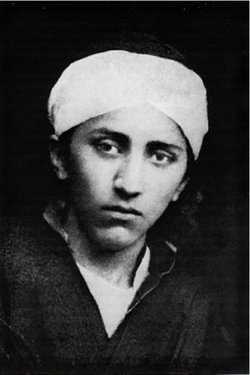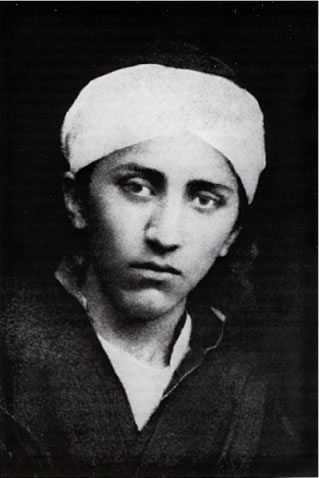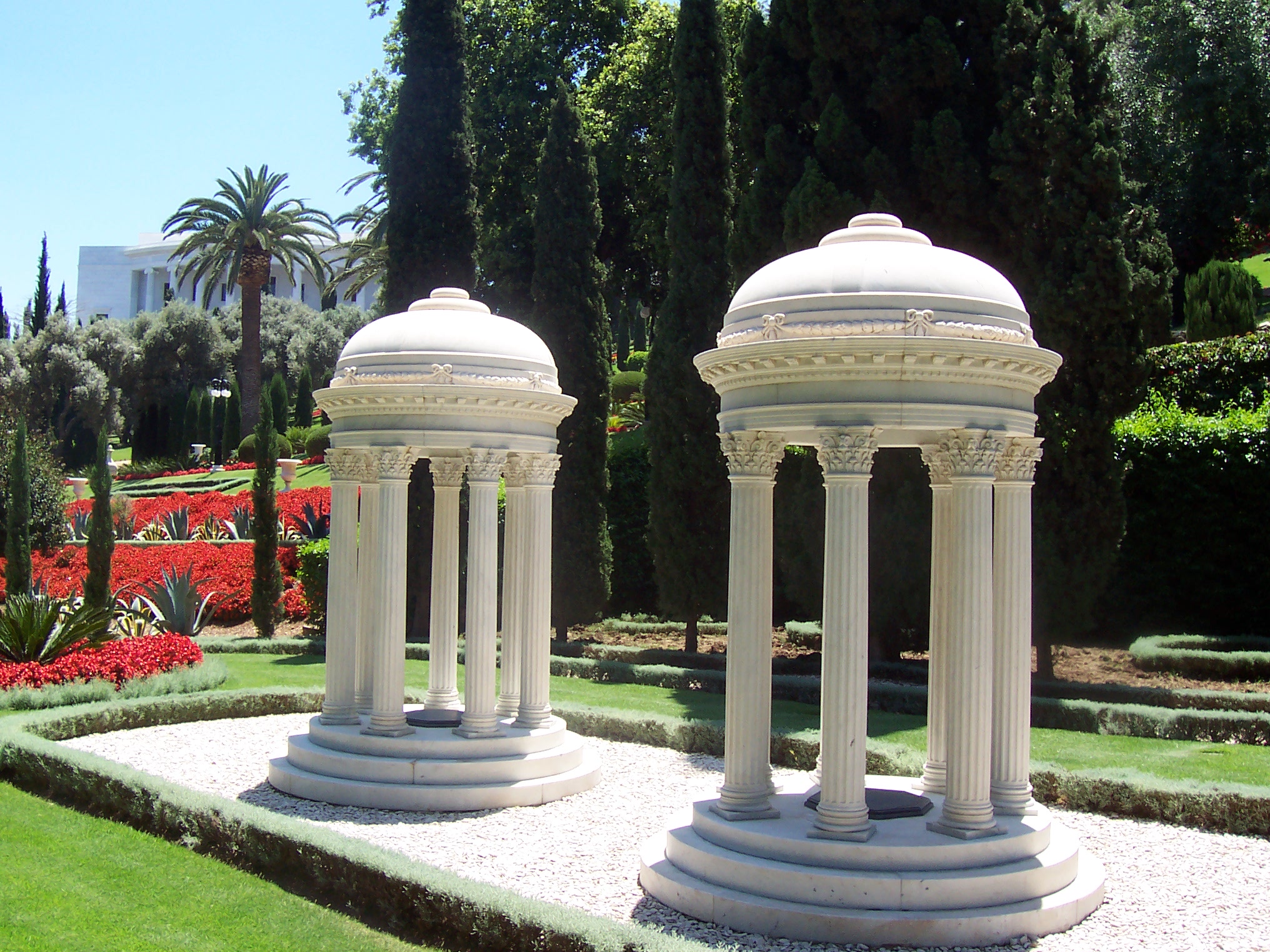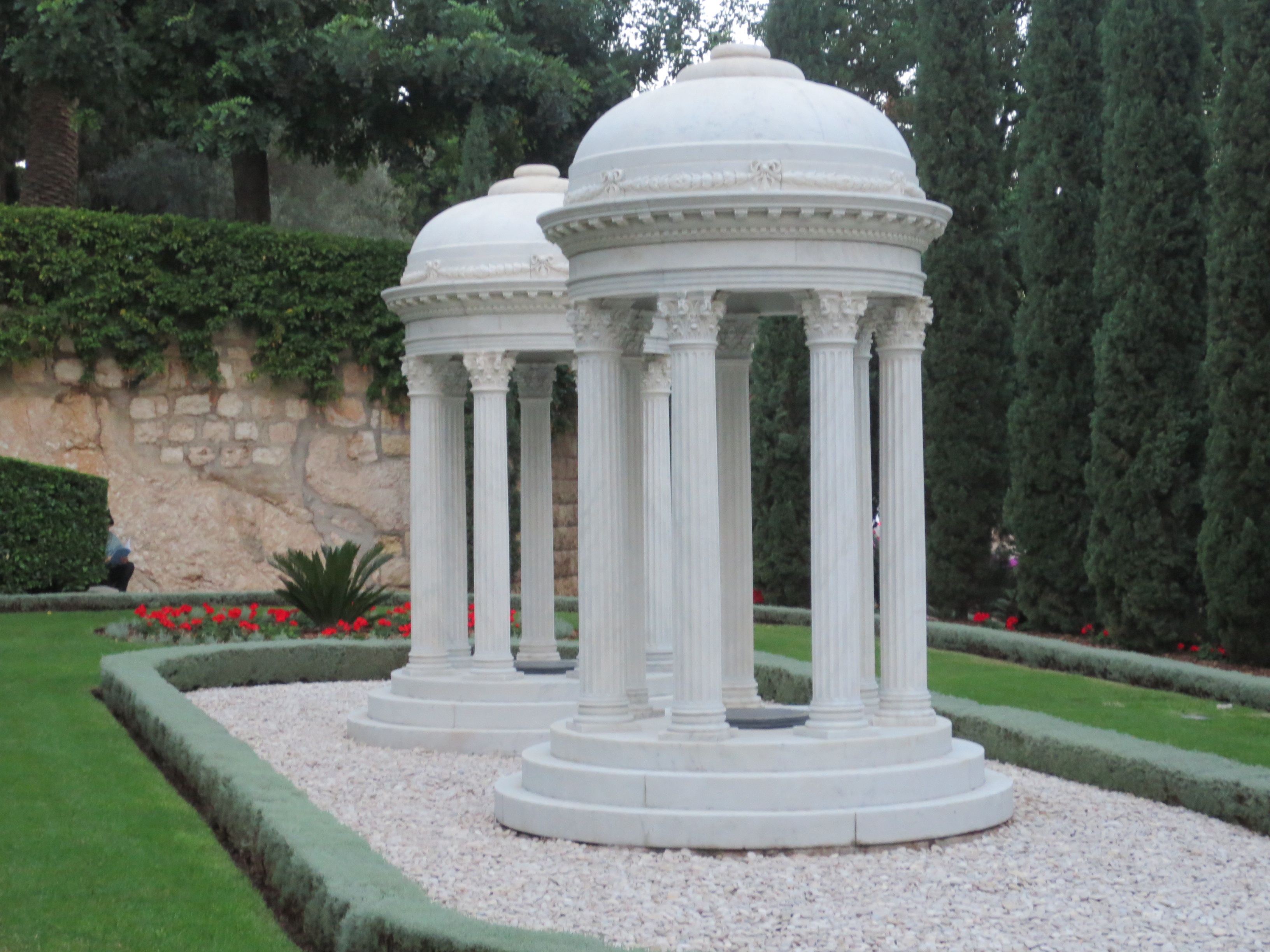The death is significant due, in part, to Bahá’u’lláh's offer to heal him of his wounds, and Mirza Mihdi's request to use his life as a sacrifice so that the prison gates would open and the pilgrims would be able to visit the Holy Family, a wish that Bahá’u’lláh granted. He died of his injuries 22 hours later. Baha'u'llah linked it to the subsequent ending of their close imprisonment a couple of months later.
Mírzá Mihdí was eventually buried outside the city walls, but was moved to a new grave by Shoghi Effendi in December 1939 alongside his mother Navváb in the Monument Gardens below the Arc on Mount Carmel in Haifa.
~http://bahaikipedia.org/M%C3%ADrz%C3%A1_Mihd%C3%AD
The death is significant due, in part, to Bahá’u’lláh's offer to heal him of his wounds, and Mirza Mihdi's request to use his life as a sacrifice so that the prison gates would open and the pilgrims would be able to visit the Holy Family, a wish that Bahá’u’lláh granted. He died of his injuries 22 hours later. Baha'u'llah linked it to the subsequent ending of their close imprisonment a couple of months later.
Mírzá Mihdí was eventually buried outside the city walls, but was moved to a new grave by Shoghi Effendi in December 1939 alongside his mother Navváb in the Monument Gardens below the Arc on Mount Carmel in Haifa.
~http://bahaikipedia.org/M%C3%ADrz%C3%A1_Mihd%C3%AD
Family Members
Advertisement
Advertisement








